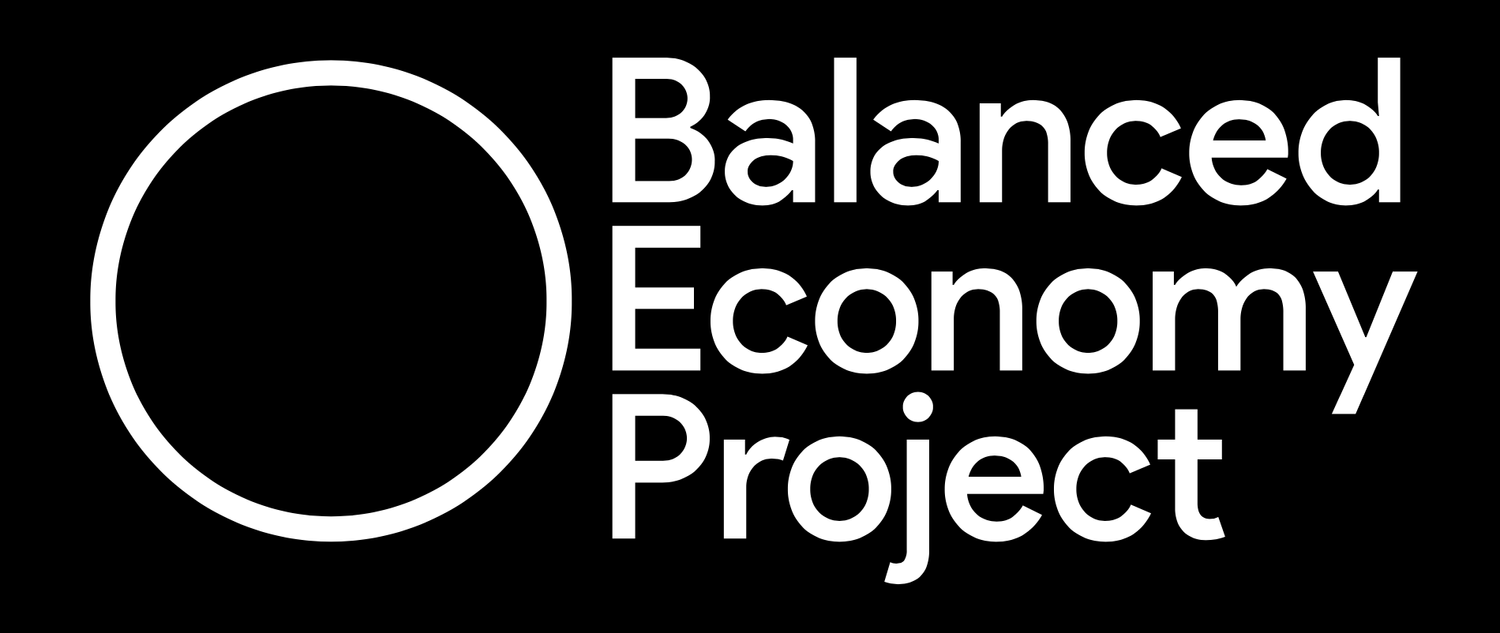Submission to the EC: Democratise competition policy and enforcement
Submission to European Commission: please democratise competition policy and enforcement
Competition policy in Europe, as elsewhere, has been locked down inside an elite, exclusive, technocratic “competition bubble.” Lots of frenetic activity goes on inside, with lawyers, academics, consultancies, regulators, all talking to each other in a particular technical language, and thinking about competition policy in narrow, often myopic ways, which to outsiders can seem divorced from reality.
As, in fact, they often are. Worse, a pro-monopoly paradigm has ossified inside this bubble, contributing heavily to the economic and political malaise we all feel today.
Labour unions, small businesses, civil society organisations and others representing those at the sharp end of monopoly power rarely venture into this forbidding terrain. And there’s a vicious circle here: the pro-monopoly paradigm makes these outside actors think it’s an irrelevant or pro-monopoly toolbox, so they don’t engage. Then, the lack of engagement by outside actors means the pro-monopoly paradigm doesn’t get challenged, so it stays intact inside its rarefied bubble.
All this is reinforced by the fact that the rules of engagement for outsiders actively deter them from trying to break into the club. To intervene you have to have an entry point, or “standing”, to do so. That can be hard to obtain.
The rules and gatekeepers are like guards at the castle portcullis, keeping out the exploited peasantry.
So we must break this vicious circle. And in this spirit, we have made a submission to the European Commission, in a consultation looking at the procedural rules of engagement by civil society in these matters.
Our submission, in partnership with Article 19, Privacy International and SOMO, notes that the elite and distant nature of the competition bubble inevitably means that competition policy has become less relevant to the concerns of ordinary people: it
“has pulled competition law and policy away from the arena of healthy public discourse . . . contrary to its original roots and, even more fundamentally, to its original function of dispersing economic power and serving as a guarantee for a democratic system.”
There’s a second point here. This submission is the first of several collaborative projects that emerged out of a training event that we co-hosted in Amsterdam recently, where participants in the final session brainstormed ideas for future work together.
This is another sign that 2022 is the year when we can say that a broad anti-monopoly movement properly began to emerge outside the United States (which has its own vibrant, successful and well-established movement.)
From the launch event in Berlin in May, the Amsterdam training and collaborative spin-offs, our widely networked Amazon submission, to the latest highly successful event in Brussels last Thursday, and a follow-on internal meeting of civil society organisations and labour representatives last Friday (from which more collaborative projects have emerged) — we are seeing a broad and varied new front of anti-monopoly activity, under new paradigms, that we haven’t seen exist widely in Europe before.
And there is more happening, behind the scenes. Watch this space.
